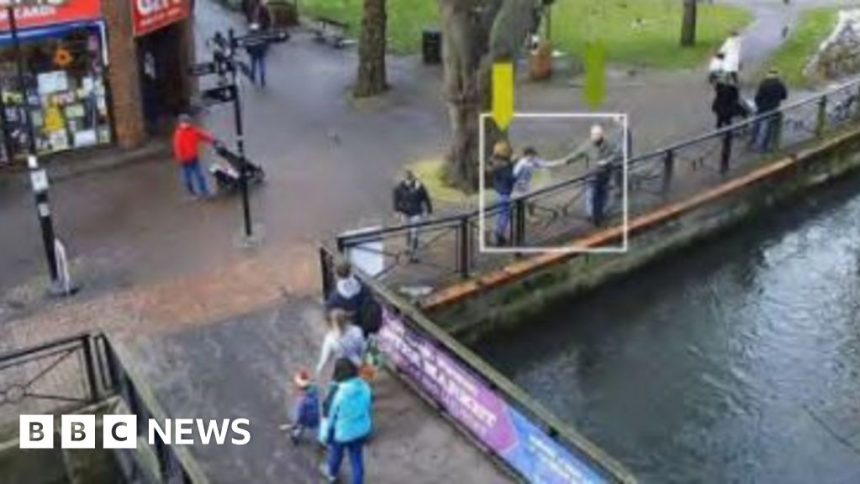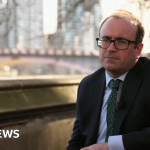Boy fell ill after former spy helped him feed ducks
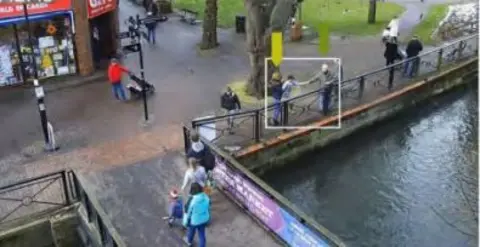 Handout
HandoutA boy fell ill after coming into contact with Sergei Skripal the day he and his daughter Yulia were poisoned with Novichock, it has been revealed.
The Dawn Sturgess Inquiry was shown CCTV footage on Monday of Mr Skripal interacting with the child, handing him bread to feed ducks in Salisbury.
The boy, along with two others with him, were later traced as part of the investigation, and reported being ill for a day or two after the encounter.
However, the inquiry heard no traces of the chemical weapon were found on them when they were eventually tested.
Commander Dominic Murphy, head of the Metropolitan Police’s Counter Terrorism Command, helped the inquiry piece together the movements of Sergei and Yulia Skripal on March 4 2018.
This included showing footage of them driving into Salisbury, handing a boy bread to feed the ducks, having a drink in The Mill pub and heading to Zizzi restaurant.
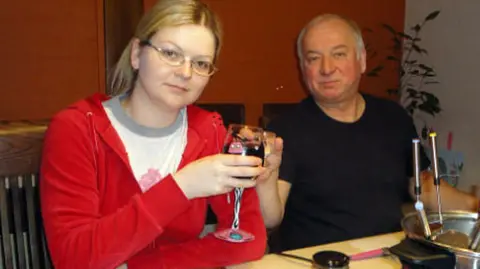
Mr Murphy told the inquiry that this information helped detectives set the “time parameters of when the Novichok is likely to have been applied to that door as 6pm on the Saturday and 1.30pm on the Sunday, when (the Skripals) then left.”
After opening in Salisbury’s Guildhall earlier this month, the inquiry into Ms Sturgess’ death has resumed in London.
Ms Sturgess, 44, died after being exposed to Novichok in Amesbury, Wiltshire, in July 2018.
She sprayed herself with a “significant amount” of the nerve agent, which was hidden in a perfume bottle that had been found in a charity collection bin by her partner Charlie Rowley.
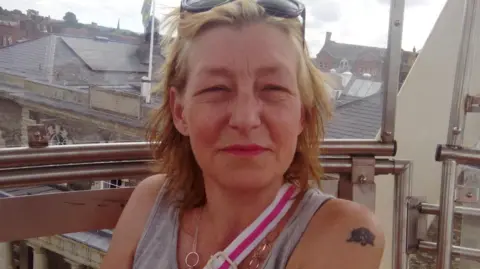
The inquiry is in the process of hearing evidence about links between her death and the attempted murder of former Russian double agent Mr Skripal and his daughter in March 2018.
The UK security services blamed Russia for the attack.

BBC Sounds: Salisbury Poisonings
Keep up to date with the latest from the inquiry with our podcast.
Listen to the episode on BBC Sounds.

Follow BBC Wiltshire on Facebook, X and Instagram. Send your story ideas to us on email or via WhatsApp on 0800 313 4630.



